Preparation Guide for Pregnancy
Organize your lifestyle to increase your chances of pregnancy!
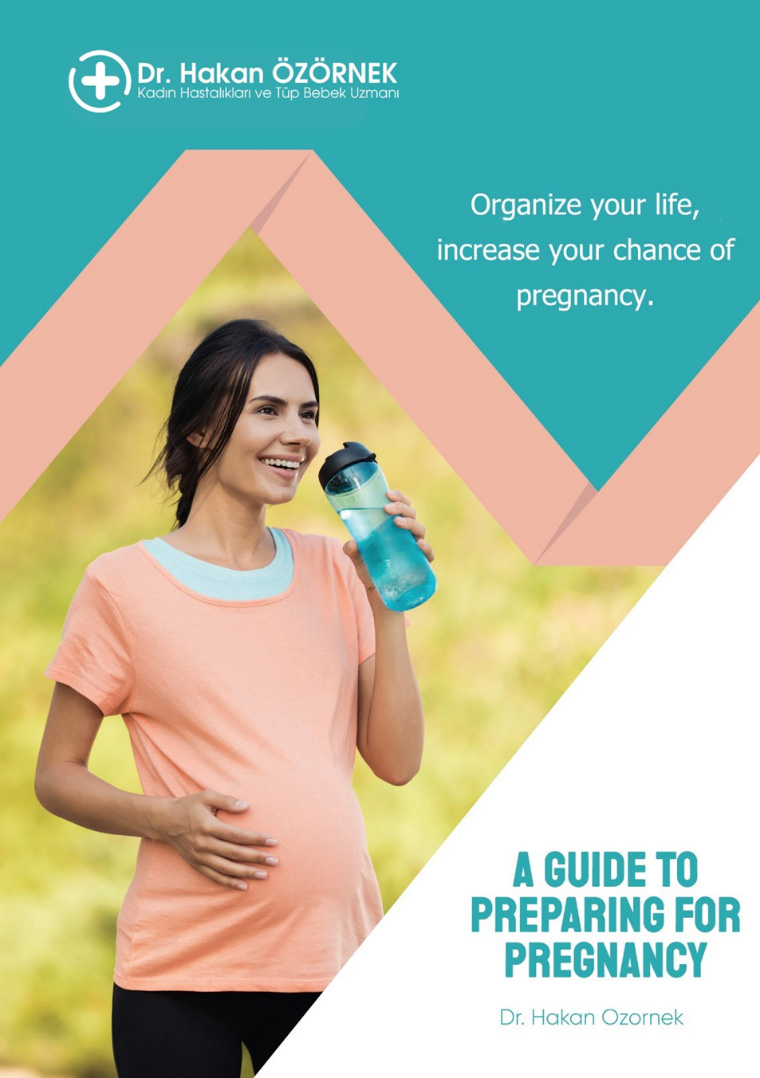
In planned pregnancies, especially after intensive and costly treatments such as in vitro fertilization (IVF), the most ideal conditions should be created for pregnancy, childbirth, and the baby's health.

What is the ideal age for childbirth?
Biologically, the ideal age for childbirth is between 25 and 29 years. There should be a state of well-being physically, emotionally, socially, and financially for an ideal pregnancy.
After the age of 35, both the quantity and quality of eggs decrease, resulting in a decline in fertility.
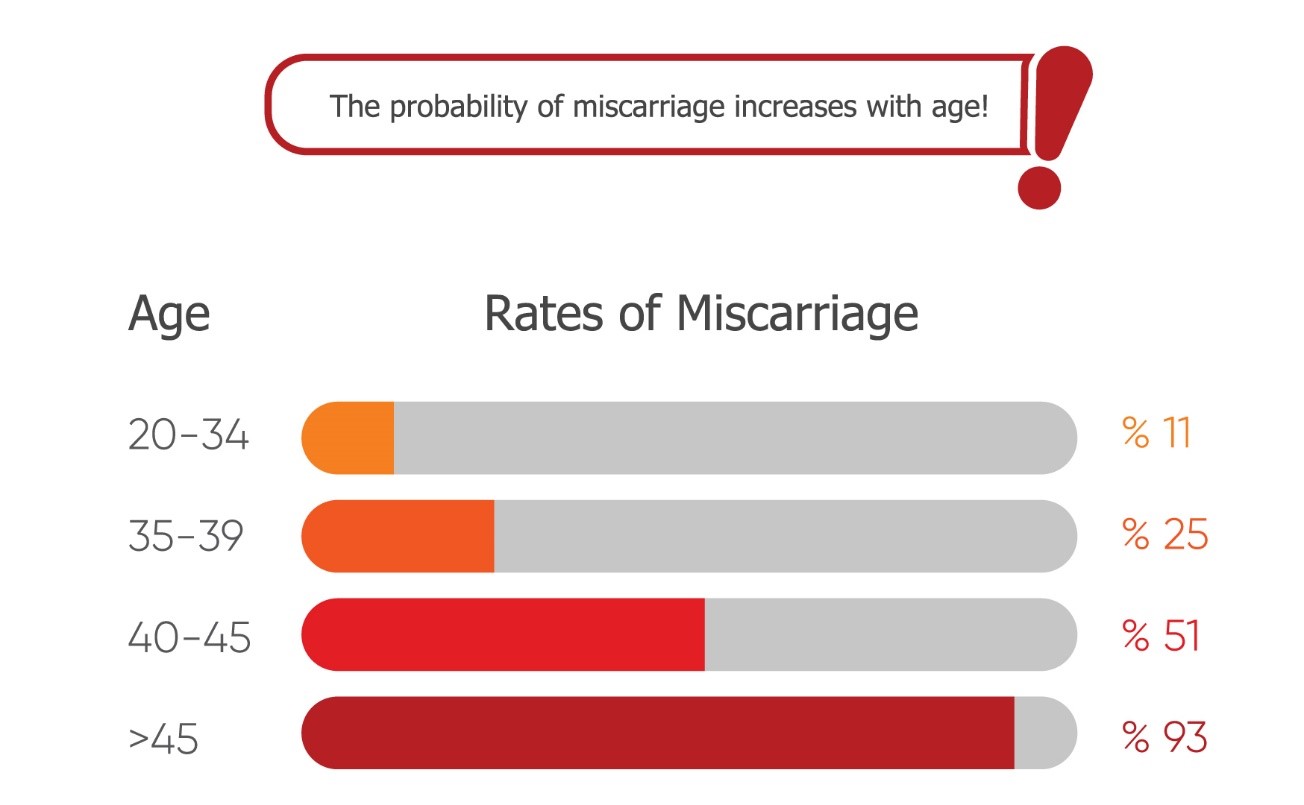
LIFESTYLE PREPARATIONS

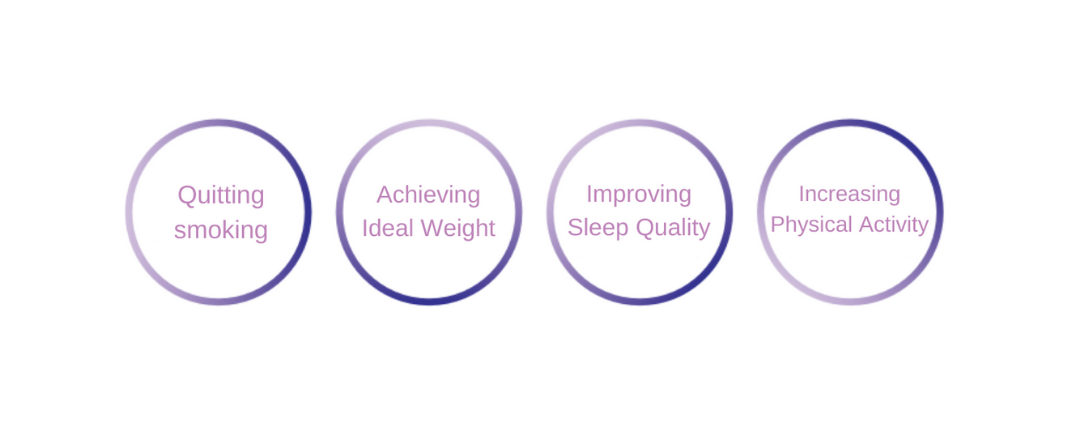
Ideal Weight and Nutrition
Obesity
In obesity, egg and embryo quality decrease, progesterone production decreases, implantation rate decreases, and the risk of miscarriage increases. In men, sperm quality decreases, erectile problems increase, and libido decreases due to a decrease in testosterone.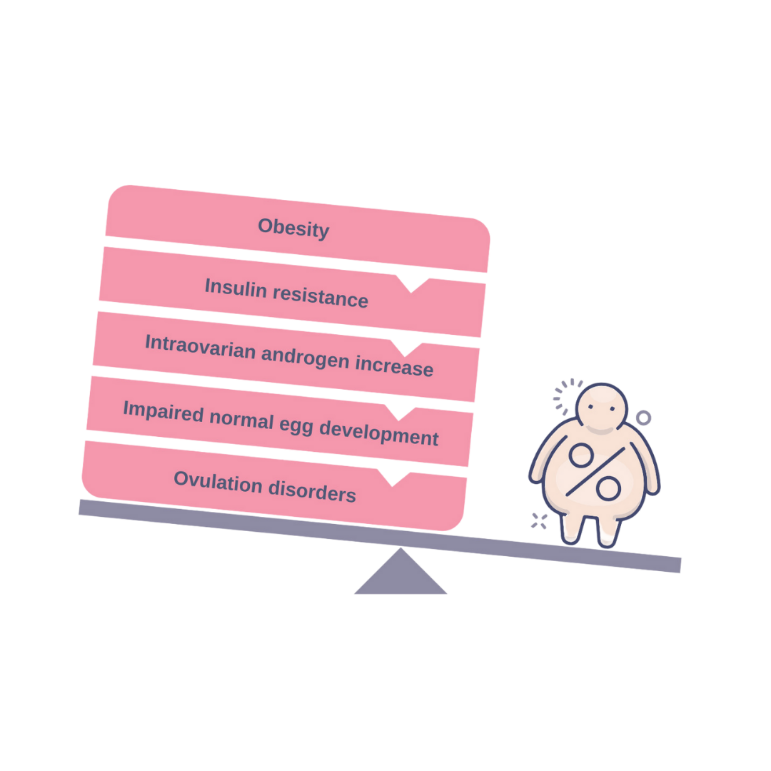
Polycystic Ovary Syndrome (PCOS), hypertension, and diabetes patients, excluding those who apply for in vitro fertilization (IVF), losing weight does not alter the treatment outcome.
The ideal weight loss is 0.5-1 kg per week. Rapid weight loss diets are harmful. Diet alone is not sufficient. Diet + exercise should be done together.
The use of medication for weight loss or surgery may have significant side effects.

Bariatric surgery is performed on individuals with a Body Mass Index (BMI) >40 kg/m2 or >35 with diabetes. It is recommended not to conceive for 18 months after bariatric surgery.
Approximately 53% of obese men and 18% of overweight men experience infertility issues. Aromatase activity in adipose tissue converts testosterone to estrogen. Libido decreases, and erectile problems may occur. If weight is lost, testosterone levels increase, and sperm quality improves.
Underweight
Extreme underweight can cause menstrual and ovulation disorders, but it does not affect the outcome of IVF. It increases the likelihood of premature birth and miscarriage.
Underweight does not affect sperm quality.
Even a small decrease in weight improves the chances of starting a pregnancy in a healthier condition.

Nutrition
Approximately 30% of our energy intake should come from fat sources, 45% from carbohydrates, and 25% from proteins.
Polyunsaturated fats should be preferred as a fat source. Foods rich in polyunsaturated fats include nuts, olive oil, canola oil, fatty fish like salmon, and avocados.
Fruits and yogurt should be consumed during this process.
Various beans, pasta, dried products, fruits, certain breads, cornflakes, various types of muesli, and rice are low glycemic index foods. Diets with a low glycemic load increase egg and sperm quality.
A 5% weight loss significantly improves insulin metabolism.

Micronutrient Supplements
Modern sedentary lifestyles require less energy. Therefore, we need to limit our food intake to avoid gaining weight. Contemporary diets are not sufficient for a successful pregnancy outcome. Micronutrient supplements are necessary before and after pregnancy. However, the vitamin and mineral content in supplements varies significantly, and only a few have scientific evidence supporting their effectiveness against infertility. Substances with scientific evidence include iodine, folic acid, and iron.
Iodine
Present in the structure of thyroid hormones, iodine is required in minimal amounts. The need increases during pregnancy. Requirements can be met through milk, seafood, iodized salt, and foods with added iodine (e.g., bread).
WHO - UNICEF recommends a daily intake of 100-150 micrograms.
For pregnant women, this amount is stated as 250 micrograms per day.
Treatment for iodine deficiency ideally should begin 3-6 months before planned pregnancy.
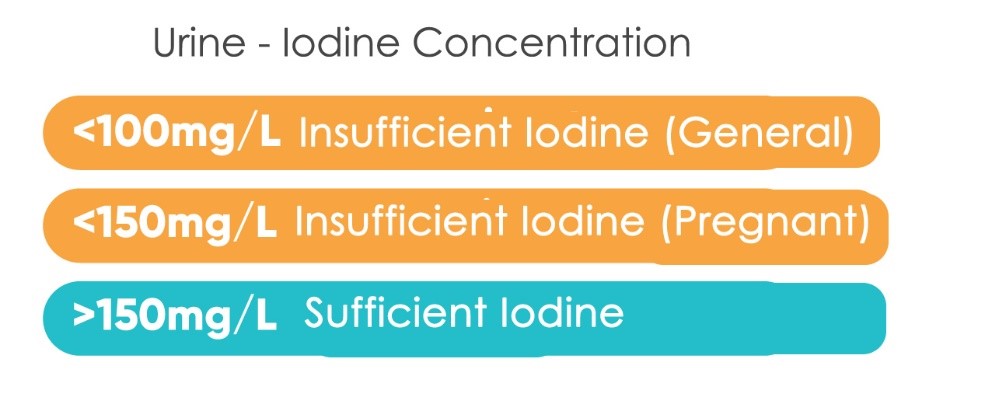
Iron
It is a vital element found in hemoglobin and myoglobin. It is also crucial for normal growth, neurodevelopment, and immune function.

Approximately 10-15% of the ingested iron is heme iron, which is better absorbed.
Iron is stored in the body, with 2-3% of the body's iron content found in the hemoglobin of red blood cells. One-fourth is located in the liver as ferritin and hemosiderin. The remaining iron is present in muscle tissue myoglobin and some enzymes.
World Health Organization's Definition of Anemia:
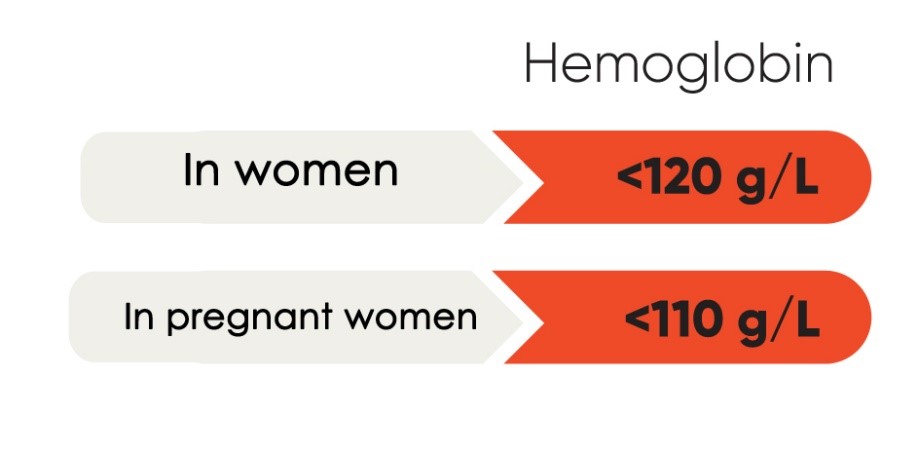
Iron deficiency anemia leads to a decrease in workforce, an increase in child mortality, an increase in maternal mortality, a slowdown in child development, and the occurrence of suspected infectious diseases.
Red meat, seafood, and poultry are excellent sources of heme iron.
Some substances (such as tea, coffee, and bran) inhibit iron absorption.

Dried fruits, sweet corn, broccoli, and spinach are good sources of iron.
The daily requirement is 18 mg/day for women and 27 mg/day for pregnant women.
Iron-rich foods are recommended during pregnancy. Vitamin C (found in fruit juices) enhances iron absorption, while the consumption of tea and coffee reduces absorption.
Folic Acid
Plays a crucial role in brain functions. The daily requirement is 360 – 400 μg. Folic acid is used from the beginning of attempts to conceive until the 12th week of pregnancy. The aim is to prevent neural tube defects.
All women are recommended to take 400 μg. High-risk women (those with neural tube defects, those using epilepsy medication, diabetics, obese individuals, BMI >30 kg/m2) are recommended 4000 μg.
Folic acid is found in dark green leafy vegetables, fruits and fruit juices, nuts, beans, dairy products, poultry, herbs, eggs, and seafood.
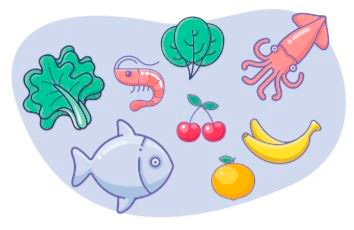
Spinach, liver, asparagus, and Brussels sprouts contain the highest levels.
Inadequate or excessive nutrition, as well as deficiencies or excesses in micronutrients, are critically important during fetal growth and development.
Poor nutrition of parents in the pre-pregnancy period can lead to obesity, cardiovascular, and metabolic problems in the child in the future.

Bad Habits
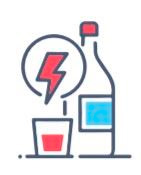
Smoking
Harmful for both women and men. Reduces the chance of pregnancy by up to half. Lowers sperm quality. Passive smoking has the same effect.
Quitting smoking is an important aspect of in vitro fertilization (IVF) treatment.
Alcohol
Most commonly consumed harmful substance, especially in highly educated and socioeconomically advanced older women. Even one glass per week reduces the chances of conception. Consuming one glass of alcohol daily negatively affects IVF treatment. No superiority has been shown between psychological treatment and medication in the treatment of alcoholism. It is not recommended to consume more than 2-3 glasses per week.
Caffeine
A popular neurostimulant found in coffee, tea, chocolate, cocoa, soft drinks, and energy drinks. The amount of caffeine in coffee (70-120 mg/cup) varies based on the brewing method, portion size, and brand. Daily caffeine intake for women planning pregnancy should be limited to 200-300 mg/day (1-2 cups).
Drug Use
There is no safe level of drug use; it should be completely eliminated.
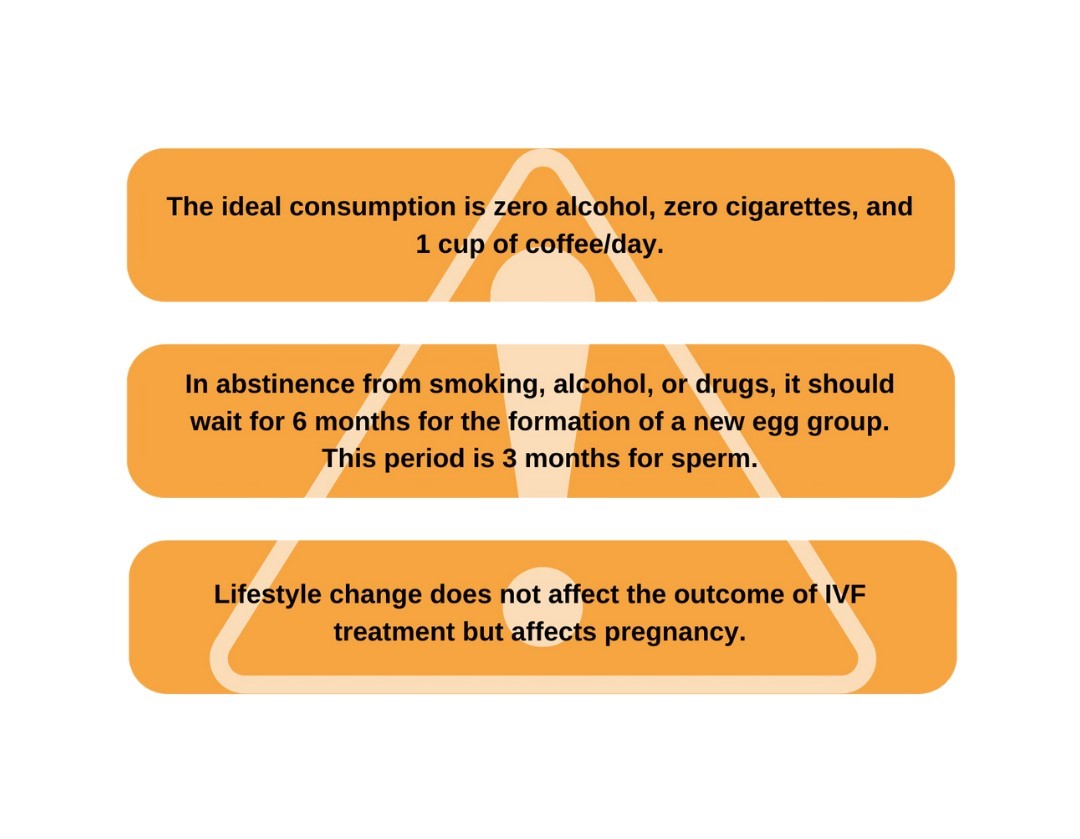
Stress
The significance of in vitro fertilization (IVF) treatment in patients' lives should be taken into consideration, and it should not be forgotten that stress plays a crucial role in success. Throughout the IVF treatment, clinicians should assess the risk factors of stressed patients and implement adequate treatment.
Continuation of Treatment: The advantages and disadvantages of continuing treatment, adoption, donation, and other personalized information tailored to the patient's specific situation should be provided. Patient-centered support should be offered.

HEALTH PREPARATIONS
Endocrine Disorders
Thyroid
TSH value should be 2.5 IU/I or below.
Subclinical hypothyroidism should be prevented.
L-Thyroxin treatment will increase the live birth rate.

Diabetes
For the diagnosis of diabetes:

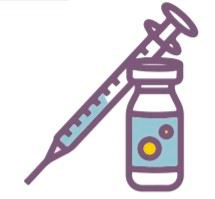
Things to Consider
- High-dose folic acid use.
- Use of Metformin:
- Reduces insulin resistance.
- Decreases the risk of excessive ovarian stimulation.
- Controls blood sugar.
- Prolonged use may lower Vitamin B12 levels, should be regularly monitored.
- Prevention of multiple pregnancies.
Vaccinations
- Annual influenza vaccination should be received.
- If not done previously, diphtheria, pertussis, and tetanus vaccinations should be administered.
- Hepatitis B vaccine is particularly recommended for healthcare workers and patients undergoing hemodialysis.
- Pneumococcal vaccine should be received by those without a spleen, individuals with sickle cell anemia, those with chronic heart and lung diseases, and diabetes patients.
- Rubella vaccination is necessary. Rubella IgG should be tested. Pregnancy should be avoided for 1 month after vaccination.
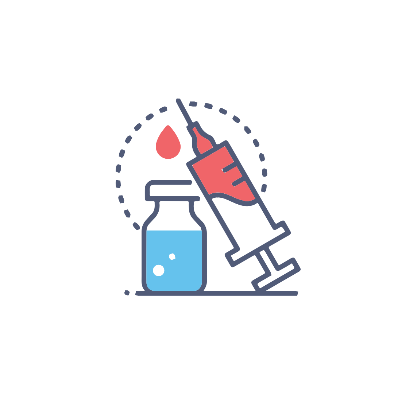

Infection Screenings
- Women should be screened for HIV, HBsAg, and HCVAb.
- Chlamydia and gonorrhea screening should be performed using cervical culture or urine tests.
- In men, screening for HBsAg, HIV, Chlamydia, and Gonorrhea is recommended

Genetic Carrier Screening
Based on voluntariness.
Recommended genetic carrier screenings include:
Cystic Fibrosis (Autosomal Recessive)
Obstructive lung disease, pancreatic insufficiency, increased chloride levels in sweat, 1 in 3500 affected, 1 in 25-30 carriers, lethal.
Spinal Muscular Atrophy (Autosomal Recessive)
Degeneration in alpha motor neurons of the spinal cord, characterized by proximal muscle weakness and paralysis, 1 in 10,000 births, 1 in 40-60 carriers, lethal.
Hemoglobinopathies
Single gene disorders, particularly common in the Mediterranean race.
Comprehensive carrier screenings include more than 100 genetic diseases. As tests become more complex, explaining and interpreting results becomes challenging. Knowing the likelihood of having an affected child in advance provides the chance to use double PGD. First, one partner is screened, and if positive genes are found, the other partner is checked (stepwise genetic screening). When genetic carrier status is identified during screening, genetic counseling is recommended.
If there is genetic carrier status:
- PGD (Preimplantation Genetic Diagnosis)
- Adoption
- Early prenatal diagnosis options may be considered.

DAILY LIVING RECOMMENDATIONS
Smoking

- Smoking reduces egg count, sperm quality, fertilization, increases chromosomal abnormalities, and the risk of miscarriage.
- Smoking also affects the uterus, decreasing the chances of pregnancy.
- Male smoking also reduces the chances of pregnancy.
- Being in a smoking environment has an equally significant effect.
Nutrition
- Red meat and saturated fat consumption should be reduced; seafood, fruit, and vegetable intake should be increased.
- Alcohol consumption reduces pregnancy rates in both women and men. Limit to 3 glasses per week.
- Men should consume 3 cups of decaffeinated coffee per day, and women should consume 1 cup. Espresso has less caffeine and more antioxidants.
- Sugary drinks and a sugar-heavy diet reduce the chances of pregnancy.
- Low levels of vitamin D increase the risk of miscarriage, decrease egg quality, and live birth rates.
- Omega-3 usage is crucial for both women and men.
- Excessive folate intake increases the risk of miscarriage.
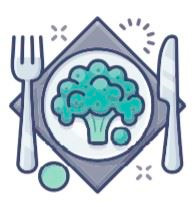
Stress
- The level of stress in infertility is equivalent to that in cancer.
- After severe stress, undergoing in vitro fertilization (IVF) treatment is not advisable.
- Depression and anxiety reduce the chances of pregnancy.
- Blood flow to the reproductive system decreases under stress.
- Chronic low-grade stress triggers inflammation.
- Stress can lead to pregnancy loss.
- Anxiety reduces sperm quality.
- The most significant factor in discontinuing treatment is stress.
- Reducing stress from the first phone call to pregnancy follow-up is the goal.
- Meditation can be recommended.
- Acupuncture does not affect the outcome of IVF.

Sleep-Exercise
- Irregular sleep patterns can be a cause of miscarriage and adversely affect pregnancy rates.
- Walking and swimming increase the chances of pregnancy.
- As exercise increases, the likelihood of miscarriage also increases. Being active during pregnancy is important, but intense exercise should be avoided.
- Oxidative stress increases in obesity, and exercise helps reduce it.
- Sperm DNA fragmentation increases in men over 40, and the eggs of young women can counteract this.
